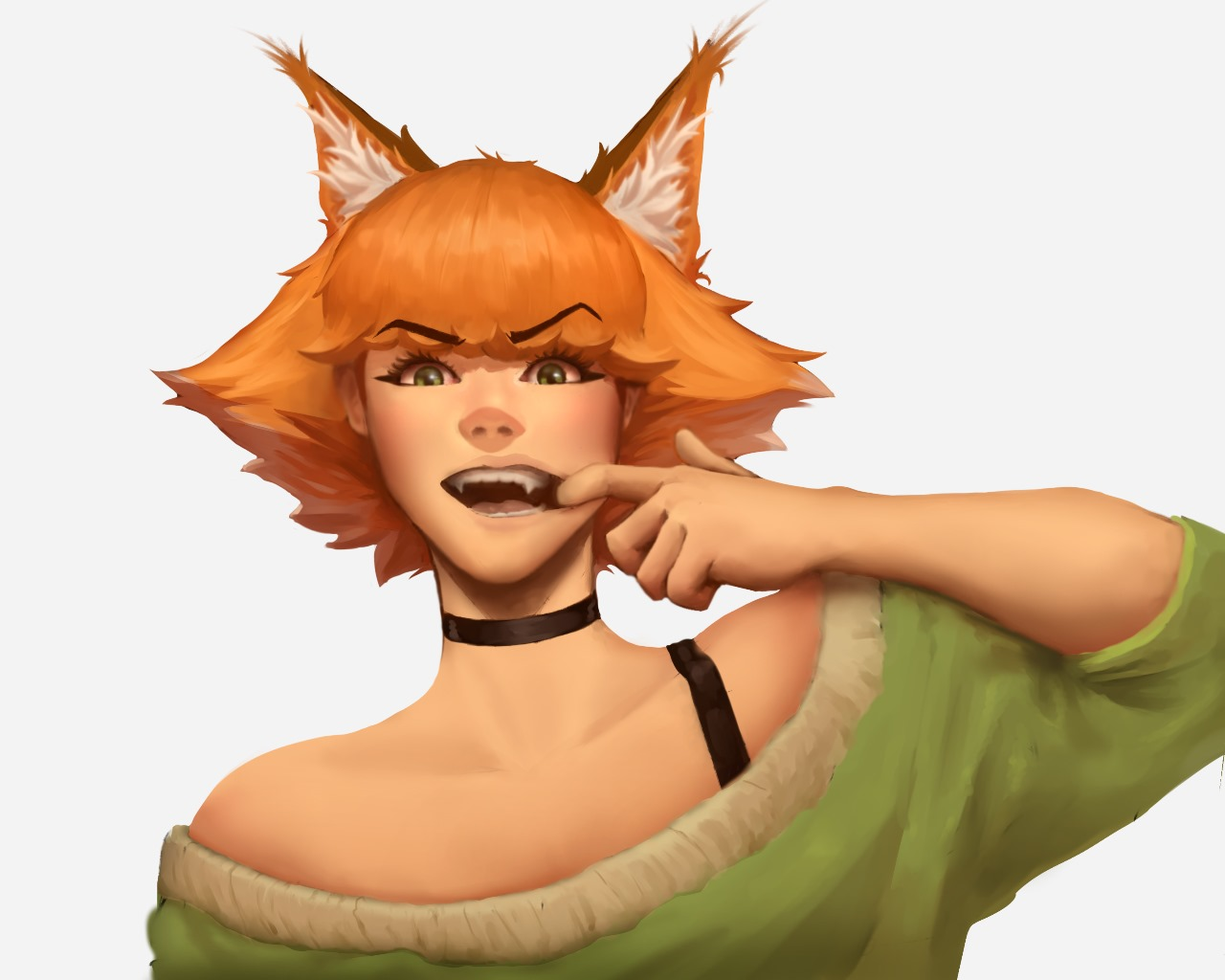In an era where memes act as cultural commentary, Coomer Su has risen as a central meme encapsulating our complex relationship with digital obsession and virtual escapism. Rather than serving only as entertainment, Coomer Su challenges us to confront how our online behaviors define us and how memes like these expose the tension between humor, self-reflection, and the real consequences of screen addiction. Join us as we explore how Coomer Su becomes a sharp mirror, compelling us to question our digital habits in a world where reality and the virtual blur together.
Introduction to Coomer Su and its origins
Coomer Su, emerging rapidly as a meme phenomenon, powerfully illustrates our collective digital obsessions in a way that questions our online engagement. More than just humor, Coomer Su spotlights the compulsive patterns that shape our lives on social media, urging us to critically examine how technology alters our behaviors and connections.
The Coomer archetype and its relation to digital obsession
The Coomer archetype embodies the struggles of modern digital life. It represents individuals who become ensnared in endless cycles of consumption, particularly within online spaces.
This character often appears overwhelmed by cravings and fixated on instant gratification, whether through memes, adult content, or endless scrolling. This highlights a deeper issue: society’s obsession with screens and fleeting pleasure.
Coomer reflects those moments when we lose track of time while browsing aimlessly. The urge to refresh feeds becomes almost compulsive, leading to a disconnect from reality and meaningful interactions.
As the archetype gains popularity, it serves as a cautionary mirror, encouraging us to reflect on the habits that prevail in a digital world where attention is constantly competing for our focus without offering genuine connection or fulfillment.
The rise of Coomer Su as a meme on social media platforms
Coomer Su became a viral sensation across social media. Evolving from the Coomer archetype—obsessively consuming digital content—it quickly captured attention.
This figure became Coomer Su, an even more exaggerated, humorous version resonating with online users. Memes spread rapidly on TikTok, Twitter, and Reddit, each platform offering a unique twist on its message.
The visuals are absurd yet relatable, highlighting struggles with constant screen time. Users bonded over shared humor about their digital habits.
With its rapid spread, Coomer Su evolved into a cultural phenomenon, embodying our fascination with technology and instant gratification.
Analysis of Coomer Su’s impact on internet culture and society
Coomer Su offers a distinct lens for examining the core issue of internet culture: how digital spaces foster disconnection and perpetuate obsession. This central argument drives the meme’s resonance, underscoring its dual role as both a cultural symbol and a catalyst for self-reflection.
The meme critiques how online interactions skew self-worth, often tying it to likes and shares.
Social media has amplified Coomer Su, allowing the meme to morph into various forms that match user experiences and highlight our digital existence.
The meme also sparks discussion about digital addiction, prompting users to reflect critically on their own habits.
Ultimately, Coomer Su stands as both a warning and a reflection on the pervasive influence of digital life. By putting our online behaviors under scrutiny, the meme challenges society to reevaluate screen-centric lifestyles and the impacts on social connection.
Satirical commentary on contemporary digital culture through Coomer Su
Coomer Su comically exposes our digital obsessions and the absurdity behind them.
Users get lost in endless scrolling, ignoring the world. Coomer Su captures that disconnect perfectly.
Social media buzzes with memes poking fun at this. The laughter reveals a mirror on our collective behavior.
Interacting with Coomer Su can prompt us to reconsider our relationship with technology and its impact on genuine connection.
The meme strips away the façade of effortless online interaction. Beneath the irony is the truth about our dependence on screens.
Coomer Su frames both humor and discomfort, making us question our control in the digital space.
You Might Also Like : Kalibraatio
Deeper implications of the Coomer Su meme and its reflection of our online behaviors
Coomer Su mirrors the darker aspects of online life, illustrating how excessive digital use distorts self-image and fosters unhealthy habits.
The meme critiques not just individuals but societal norms that glorify endless connectivity. As we scroll mindlessly, Coomer Su becomes a cautionary figure, lost to the allure of instant gratification.
Many resonate with Coomer Su’s exaggerated depiction, recognizing their own digital struggles within it.
The meme opens a discussion about addiction and mental health online—an invitation to think critically about chasing validation.
How the meme has evolved and branched out into different variations
Coomer Su quickly evolved from its Coomer roots, adapting to many social media contexts.
A popular variation shows Coomer Su as a symbol of procrastination, succumbing to endless scrolling and binge-watching—connecting with those overwhelmed by modern distractions.
Other versions show Coomer Su in absurd situations, from food cravings to fitness fails—highlighting our struggles with digital chaos.
Artists remix the meme into illustrations reflecting their experiences or critiques, adding depth and encouraging discussion on navigating online realities.
Through creative reinterpretation, creators reveal new sides of obsession—turning humor into a mirror of society’s digital quirks and challenges. The takeaway is that these variations deepen our understanding of digital culture’s effects and spark broader conversations.
Controversies surrounding the use of Coomer Su and its potential effects on mental health
Coomer Su sparks debate about its impact on mental health. It humorously reflects online habits, but the humor masks deeper issues.
Some argue the meme trivializes addiction and compulsive behaviors tied to excessive Internet use. Its exaggeration might desensitize people to real struggles.
Those closely identifying with Coomer may feel stigmatized, intensifying isolation and inadequacy. Instead of fostering community, the meme could alienate users already struggling with digital obsessions.
Mental health advocates caution against using memes as a coping tool. Laughter helps, but relying solely on satire can hinder meaningful discussions about the consequences of digital life. Open, empathetic engagement remains crucial for addressing complex technological issues and promoting overall well-being. The key takeaway: Address digital challenges with empathy and open dialogue, not just humor.
Conclusion
The Coomer Su meme highlights how meme culture encapsulates and critiques our compulsive online engagement. Through satire, it places the central issue—obsessive screen time—at the forefront, driving home the consequences of digital overindulgence and prompting urgent reflection.
Coomer Su embodies this struggle. It combines humor and discomfort, highlighting the familiar pattern of excessive consumption leading to isolation and disillusionment. It’s about seeing how these habits shape our lives.
As social media continues to evolve, so too does the Coomer narrative. Each iteration brings fresh insights into our collective psyche—whether it’s poking fun at our distractions or urging us toward mindfulness. The key takeaway: Humor can prompt self-reflection and open the door for more thoughtful digital habits.
Engagement with Coomer Su provides a chance to critically examine what matters amid digital distractions. It urges us to confront the main argument: our collective need to regain control over our online time and habits for a healthier digital experience.
This exploration remains vital as technology advances at breakneck speed, reshaping human interactions daily. By examining the cultural significance of this meme, we are invited to confront our own relationship with the digital realm—a journey that may lead us closer to balance and authenticity amidst chaos.

